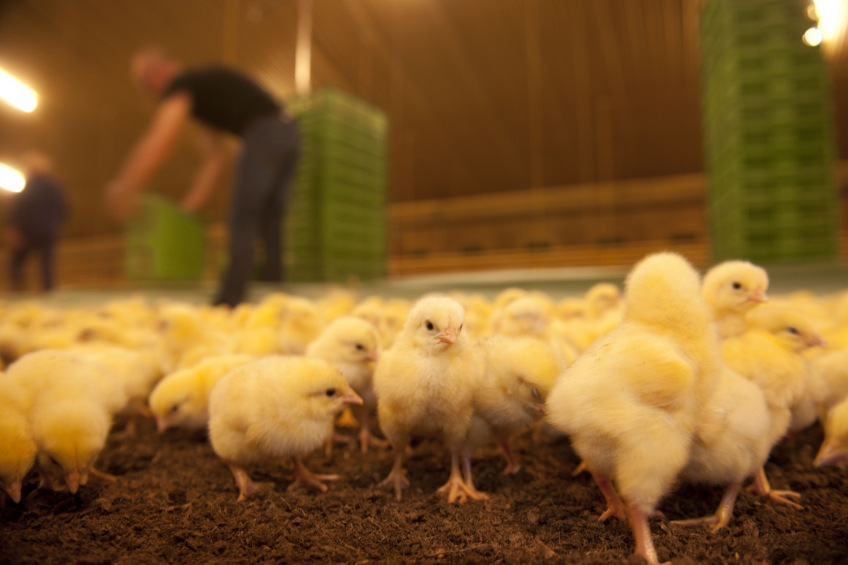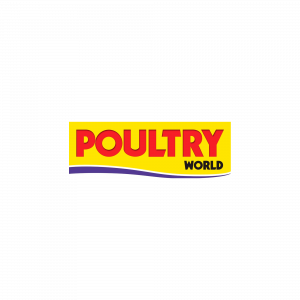On-farm antibiotic use under threat from Brussels

Further restrictions on the use of antibiotics in farm animals are in the pipeline, following a vote by MEPs on new rules for veterinary medicines. This could be especially problematic for the poultry sector.
In particular, the MEPs are calling for a ban on the collective and preventive treatment of animals, as part of a drive to counter antibiotic resistance in bacteria. “The fight against antibiotic resistance must start on farms,” said French MEP Françoise Grossetête, who has led on the subject.
Restrictions to antibiotic use on farm
“We wish to prohibit the purely preventive use of antibiotics, restrict collective treatment to very specific cases, prohibit the veterinary use of antibiotics that are critically important for human medicine and put an end to online sales.”
The MEPs also insisted that veterinary medicines must not be used to improve livestock performance or compensate for poor animal husbandry. And any prophylactic use of antimicrobials – where they are used as a preventive measure in the absence of clinical signs of infection – should be limited to single animals and must be fully justified by a veterinarian.
Problematic for poultry sector
This is likely to be especially problematic for the poultry sector, where whole flocks are often treated as a strategic measure, to avoid having to use stronger medication later on.
The draft regulation also calls for improved recording of on-farm use of antibiotics. Currently, data is collected by the Veterinary Medicines Directorate based on product sales, which tends to overestimate the actual usage levels. And, to encourage the development of new antimicrobials, the MEPs also suggested increasing levels of commercial protection for new active substances.
Also interesting: Antibiotics: Prevention out – treatment in?
The banning of collective and preventive antibiotic treatment of animals is advocated by the European Parliament’s Environment and Public Health Committee (COMENVI). That equals ‘attempting to cripple EU agriculture by over-restriction of the use of antibiotics’, David Burch explains.
Potential animal welfare problems
But EU farming body Copa-Cogeca expressed its concern at the direction of travel. “Banning the use of certain antibiotics could lead to animal welfare problems, as in some places or for some species, these are the only authorised antibiotics,” said secretary-general Pekka Pesonen.
He also believed banning the prophylactic use of antibiotics was not justified. “We realise that there needs to be specific requirements for food-producing animals compared to pets, but the correct use of prophylaxis is a good veterinary practice. We also have concerns about the online ban on antibiotics and prescription-only veterinary medicines. Online sales offer some advantages in terms of availability and the cost of medicines.”
MEPs keen to reach an agreement
The vote taken by the European parliament followed a first reading of the EU Commission proposal. It now has to be considered by the council of ministers. The MEPs said they were keen to reach agreement with the council without having to hold a second reading.
This could see the introduction of new rules as early as next year.
By Philip Clarke













